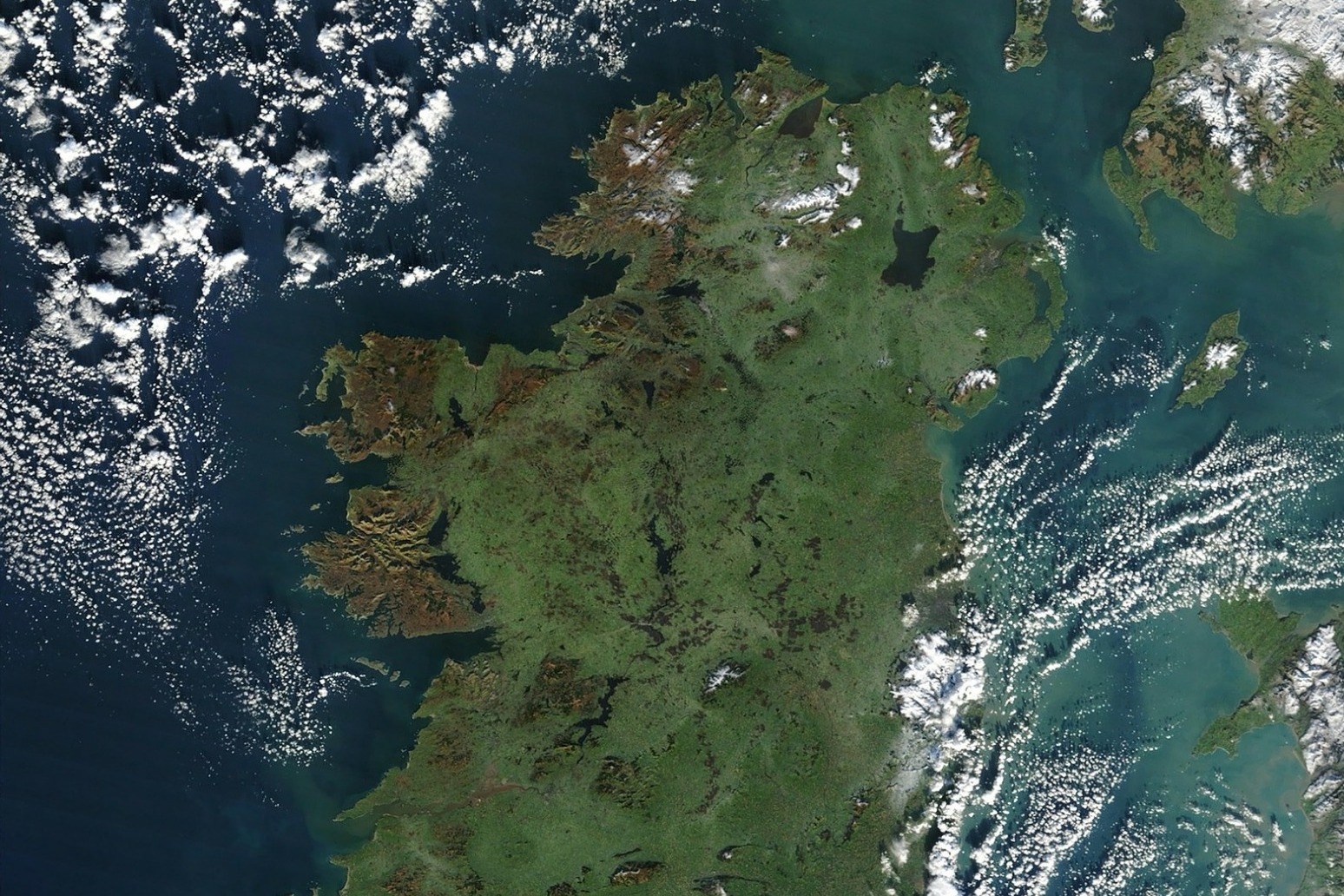
Northern Irish police report suspected car bomb in Londonderry
Police in Northern Ireland reported a suspected car bombing in Londonderry on Saturday that local politicians said had caused no apparent injuries as people were urged to stay away from the area.
An image released by police on Twitter showed what appeared to be a burning vehicle in Bishop Street in the centre of the city. Two local politicians said the suspected blast occurred outside the city's courthouse.
"This pointless act of terror must be condemned in the strongest terms. Grateful to our emergency services for their swift actions which helped ensure there have been no fatalities or injuries," Democratic Unionist Party (DUP) leader Arlene Foster said on Twitter.
Her party colleague from the area, Gary Middleton, said the vehicle was hijacked, without citing a source. Northern Irish police gave no further details and said they were carrying out initial investigations.
A journalist from the Irish edition of the Sunday Times newspaper reported that the attack was carried out by the New IRA, a militant group opposed to the 1998 peace deal that largely ended three decades of violence in the British-run province.
Some 3,600 people were killed in the conflict that was fought between mainly Protestant unionists who want Northern Ireland to remain part of the United Kingdom and predominantly Catholic nationalists.
Some sporadic violence continues among small, splinter groups but car bombings are rare.
The new IRA was behind the last such fatal attack when in 2016 a prison officer was seriously injured when a bomb exploded under his van in Belfast. He later died from his injuries.
In Londonderry, police and fire officers came under petrol bomb and missile attack for a number of nights last July from Catholic youths in the Bogside area of the city around the time of annual parades that often raise tensions.
The reported bombing comes as police on both sides of the now-open border between Northern Ireland and European Union-member Ireland have express fears that a return to a hard border after Brexit, complete with customs and other checks, could be a target for militant groups.
Britain is due to leave the bloc in less than 10 weeks, with the future of the border at the centre of its difficulties to strike an amicable divorce deal.
The British and Irish governments, which are co-guarantors of the 1998 peace deal, expressed concern at the incident.
"There is no place and no justification possible for such acts of terror, which seek to drag Northern Ireland back to violence and conflict," Irish Foreign Minister Simon Coveney said on Twitter.
Published: by Radio NewsHub